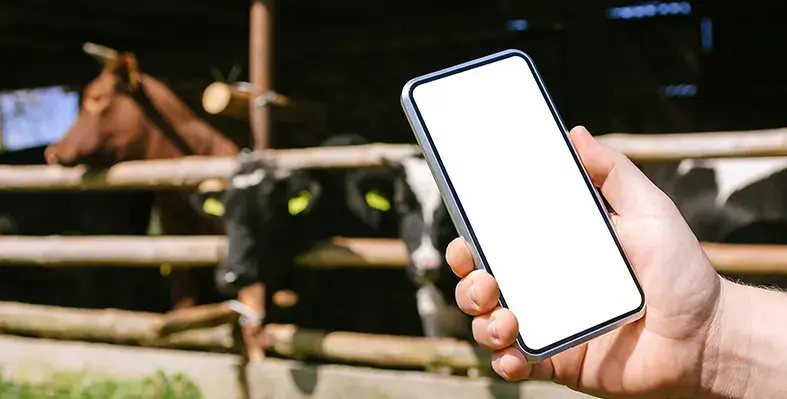Nigeria's ministry of livestock development is working with state governments, experts, and international partners to modernise the livestock sector and ensure sustainable pasture and fodder for farmers.
The new initiative, supported by the L-PRES project, aims to tackle the challenges facing pasturelands, including overgrazing, land degradation, and climate change.
A meeting held in Abuja brought together stakeholders from various sectors, including state governments, livestock experts, the World Bank, and the Israeli ministry of agriculture. The event, organized by L-PRES, focused on "technologies for sustainable pasture production and management in Nigeria."
Idi Mukhtar Maiha, minister of livestock development, said, "As we confront pressing challenges ranging from overgrazing and climate stress to rising tensions over scarce pasture resources, it has become evident that innovation and collaboration must be our most potent tools." He further highlighted that managing pasture sustainably is not just an agricultural issue but a means to promote environmental stewardship, social stability, and economic resilience.
Sanusi Abubakar, national coordinator of the L-PRES project, pointed out that pasturelands are essential for livestock production but face growing threats and said, "These challenges not only affect productivity but also contribute to conflicts over scarce resources." Nigeria is now looking at climate-smart and technology-driven solutions to restore and sustainably manage its pasture ecosystems.
The meeting explored various innovative technologies, such as GIS, remote sensing, and precision irrigation, to improve pasture management. Experts also discussed best practices in rangeland and soil health management, sustainable pasture enterprises, and policy frameworks for long-term success.
Israel expressed its commitment to supporting Nigeria’s livestock sector. Daniel Werner, head of foreign relations of Israeli ministry of agriculture, said,"Israel has developed technologies that can help modernize Nigeria's livestock sector."
Livestock farmers welcomed the initiative but called for a sustainable development model that benefits both farmers and investors. Alhaji Ibrahim Usman Jibril, the Emir of Nasarawa, urged experts to avoid past mistakes, such as those made with cassava farming, where farmers were encouraged to invest without sufficient market opportunities.
Some L-PRES participating states, like Borno and Gombe, have appealed to investors by offering incentives, such as free land ownership titles in Borno for anyone interested in investing in the state's 180 square kilometres of grazing land.





